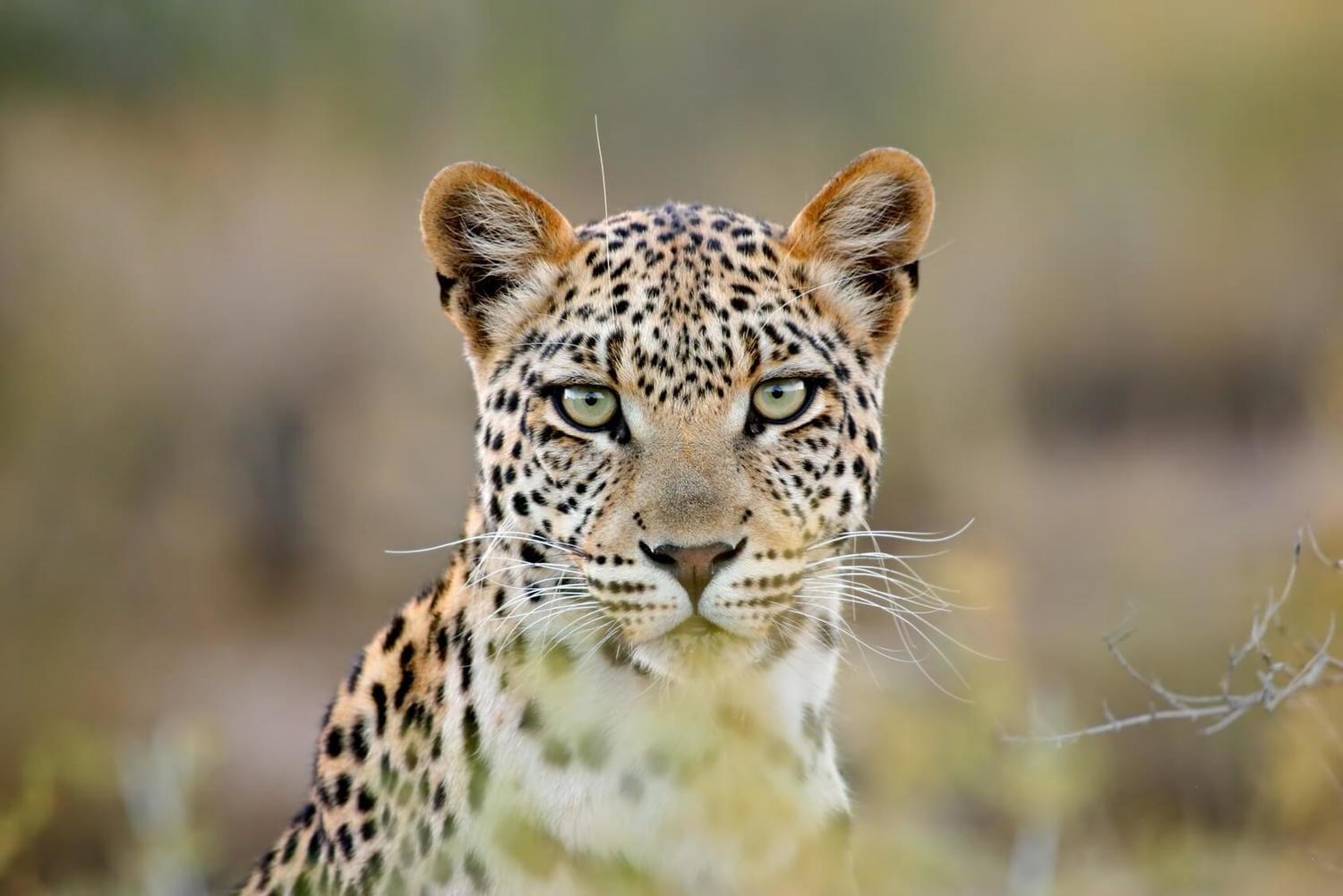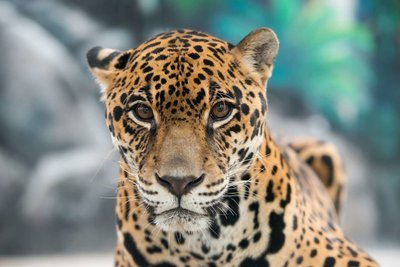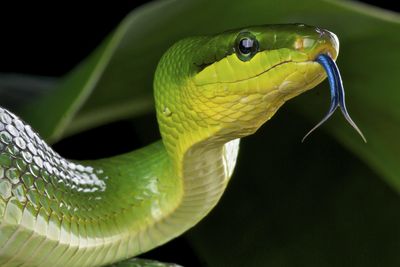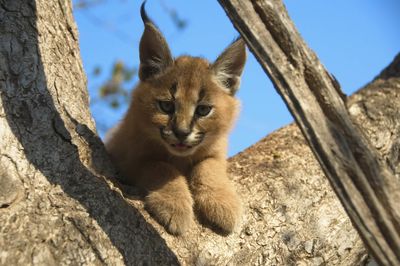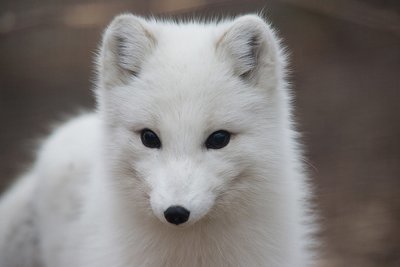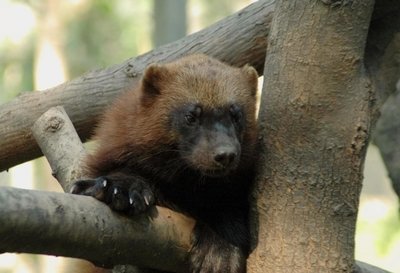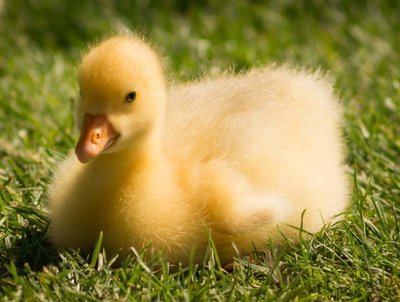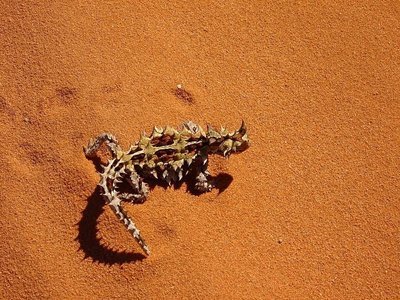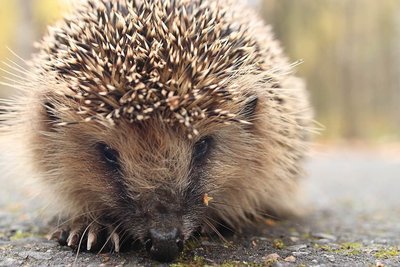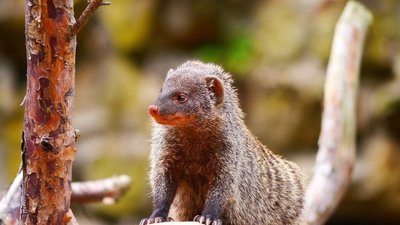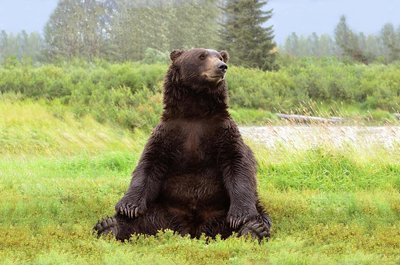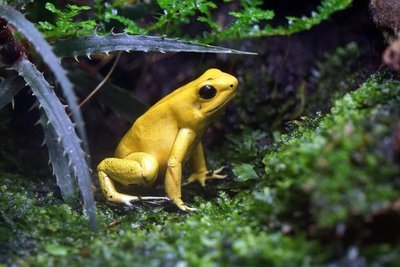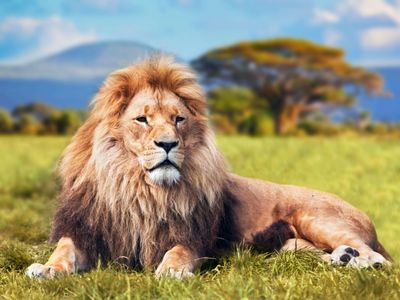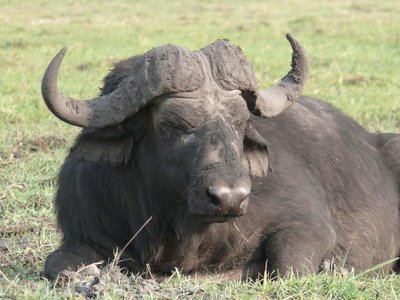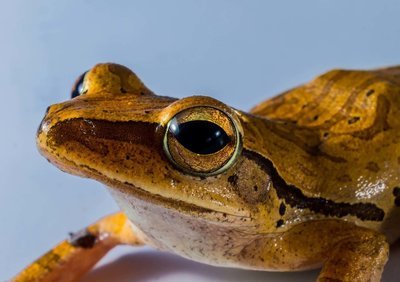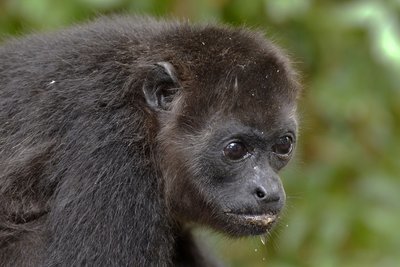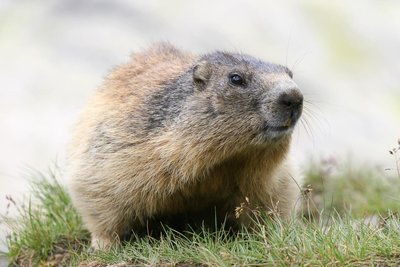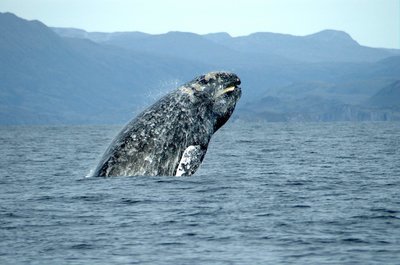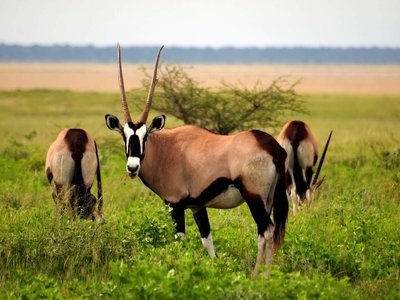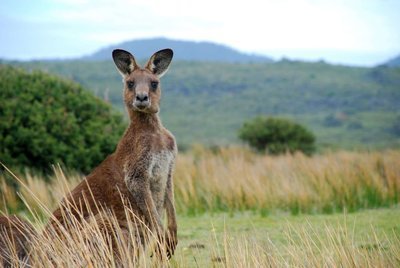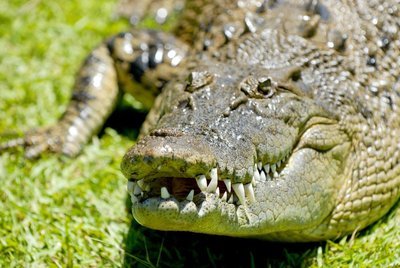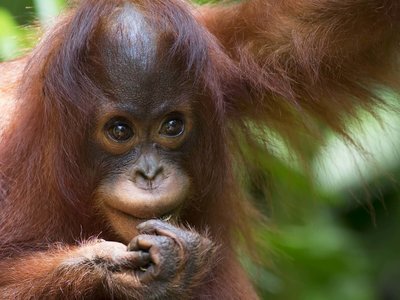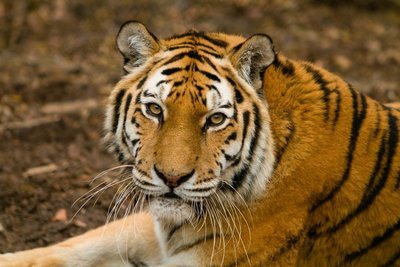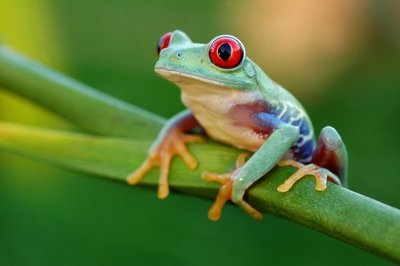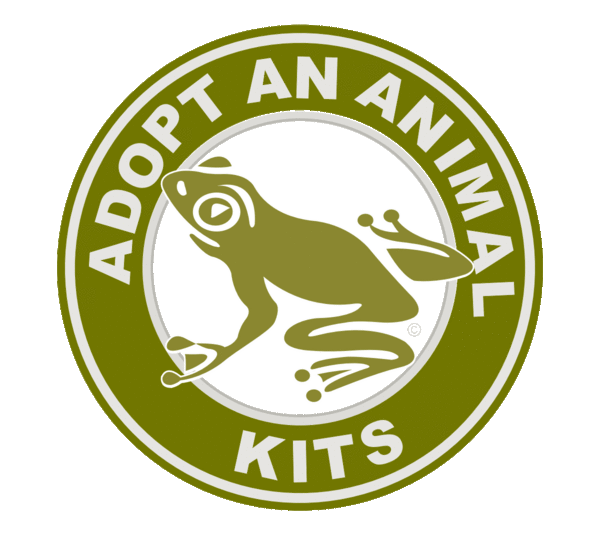

Adopt An Animal Kits
Adopt An Animal symbolically. Your Adopt An Animal Kit comes in a Deluxe Folder and includes: Glossy Photo of Your Adopted Animal; Adopt An Animal Adoption Certificate; Fact Sheet About Your Adopted Animal; Help Animals Info Cards Packed With Information On Animal Issues & How You Can Help Animals And The Environment. Adopt An Animal for Yourself or as a Gift.
Adopt A Leopard
Adopt A Leopard
Your Adopt A Leopard Kit comes in a Deluxe Folder and includes:
- Glossy Photo Of Your Adopted Leopard
- Adopt A Leopard Adoption Certificate
- Fact Sheet About Your Adopted Leopard
- Help Animals Info Cards Packed With Information On Animal Issues & How You Can Help Animals And The Environment
Adopt A Leopard Kits make great gifts and can be sent directly to the recipient. Simply supply the recipient's name and mailing address as shipping information. We'll even include a letter stating the Adopt An Animal Kit is from you.
Adopt An Animal symbolic adoption is a one time fee. Adopt an animal for yourself or order an Adopt An Animal Kit as a gift. Help make a difference for animals - Adopt An Animal Today!
Adopt A Leopard
Leopards are medium-sized cats found in a range of colors from pale yellow to gray to chestnut. A leopard’s shoulders, upper arms, back and haunches are marked with dark spots in a rosette pattern, while the head, chest and throat are marked with small black spots. Large black spots cover the leopard’s white belly. Black, or melanistic, leopards are common, especially in dense forests.
Leopards are 1.5 to 2.6 feet tall at the shoulder. They are three to six feet long, with a tail that is two to 3.5 feet long. Males weigh between 82 and 200 pounds, females are slightly smaller. Leopards live for up to 20 years.
Leopards are found throughout most of Africa and Asia from the middle east to the Soviet Union, Korea, China, India, and Malaysia. They live in a variety of habitats including forests, mountains, grassland and deserts. Leopards eat small hoofstock such as gazelle, impala, deer and wildebeast. On occasion, they may also hunt monkeys, rodents and birds.
Leopards are nocturnal animals, meaning they are active at night. During the day, they rest in thick brush or in trees. Leopards are solitary, preferring to live alone. They are very agile and good swimmers. They are able to leap more than 20 feet.
Following a 90 to 105 day gestation, one to six kittens are born. The average litter size is two or three. Kittens weigh about one pound when they are born. They will stay with their mother for 18 to 24 months.
The big cats, especially the spotted cats, are easy to confuse for those who see them in captivity or in photographs. The leopard is closely related to, and appears very similar to, the jaguar; it is less often confused with the cheetah. The ranges, habitats, and activities of the three cats make them easy to distinguish in the wild.
Since wild leopards live only in Africa and Asia, while wild jaguars live only in the Americas, there is no possibility of confusing them in the wild. There are also visual markings that set them apart. Leopards do not have the spots within the rosettes that jaguars always have, and the jaguar's spots are larger than the leopard's. The Amur leopard and the North Chinese leopard are occasional exceptions. The leopard is smaller and less stocky than the jaguar, although it is more heavyset than the cheetah.
Besides appearance, the leopard and jaguar have similar behavior patterns. Jaguars can adapt to a range of habitats from rainforest to ranchlands, while leopards are even more adaptable ranging in from deserts and mountains, savanna and woodlands.
The cheetah, although its range overlaps extensively with that of the leopard, is easily distinguished. The leopard is heavier, stockier, and has a larger head in proportion to the body. The cheetah tends to run rather fast and goes much more quickly than the leopard. The cheetah also has dark 'teardrop' like markings running down the sides of its face, whereas the leopard does not. Cheetahs are usually diurnal, while leopards are more active at night (nocturnal); cheetahs are also exclusively terrestrial (except when young), while leopards often climb trees.
Prior to the human induced changes of the last few hundred years, leopards were the most widely distributed of all felids other than the domestic cat: they were found through most of Africa (with the exception of the Sahara Desert), as well as parts of Asia Minor. They are still found in the Middle East, India, Pakistan, China, Siberia, much of mainland South East Asia, and the islands of Java and Sri Lanka.
THREATS TO LEOPARDS
The leopard is doing surprisingly well for a large predator. It is estimated that there are as many as 500,000 leopards worldwide. But like many other big cats, leopards are increasingly under threat of habitat loss and are facing increased hunting pressure. Because of their stealthy habits and camouflage, they can go undetected even in close proximity to human settlements. Despite the leopard's abilities, it is no match for habitat destruction and poachers, and several subspecies are endangered, namely, the Amur, Anatolian, Barbary, North Chinese, and South Arabian leopards.
Leopards have long been victims of the animal entertainment industry; forced to perform in circus acts or sentenced to a life in captivity for human entertainment. Animals used in the circus spend the majority of the year imprisoned in small cages or on chains, traveling from show to show. The training endured by circus animals is almost always based on intimidation; trainers must break the spirit of the animals in order to control them. Zoos are designed with the needs and desires of the visitors in mind, not the needs of the animals. Many animals in zoos exhibit abnormal behavior as a result of being deprived of their natural environments and social structures. Most animals in zoos were either captured from the wild or bred in captivity for the purpose of public display, not species protection.
Adopt Adopt An Animal Kits
Our Adopt An Animal Kits are educational packets that allow you to symbolically adopt a favorite animal species and contain a variety of information promoting the protection of wildlife, companion animals, farm animals and the environment. By purchasing a symbolic adoption kit you will receive a packet of information regarding daily choices you can make to help the earth and animals.
Your Adopt An Animal Kit comes in a Deluxe Folder and includes:
Glossy Photo Of Your Adopted AnimalAdopt An Animal Adoption CertificateFact Sheet About Your Adopted AnimalHelp Animals Info Cards Packed With Information On Animal Issues & How You Can Help Animals And The Environment.
Adopt an animal for yourself or order an Adopt An Animal Kit as a gift. Symbolically adopting an animal is the perfect gift for a loved one who loves animals, and helps to promote the compassionate treatment of animals and respect for the environment by offering information on how to help the earth and animals. Adopt An Animal Kits can be sent directly to the recipient: simply supply the recipient's name and mailing address as shipping information. We'll even include a letter stating the Adopt An Animal Kit is from you.
Adopt An Animal Kits is a small, independent business not affiliated with any other business, non profit or charitable organization.
Fast Shipping!
Shipping time for Adopt An Animal Kits averages 2 to 4 business days - USA. Allow additional time for Adopt An Animal Kits orders outside the USA. Your Adopt An Animal Packet will arrive approximately 2 to 4 business days following shipping date. Shipping for Adopt An Animal Kits within the USA is by U.S.P.S. Priority Mail.
INTERNATIONAL ORDERS: Average shipping time for Adopt An Animal Kits outside of the USA is 5 to 14 business days, including Canada. International Shipping & Handling for Adopt An Animal Kits is by U.S.P.S. First Class Mail.
About Us
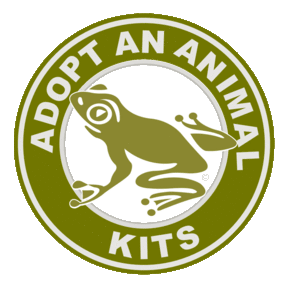
Adopt An Animal Kits, LLC
The world is teaming with an amazing diversity of animals. Some species are beautiful, others bizarre — but they all are important to the ecosystem and deserve our respect, compassion and protection. Unfortunately, many animal species are declining at a rapid rate as a result of irresponsible human activities. Habitat destruction, pollution, hunting, poor agricultural practices and changes in climate are among the threats faced by wildlife and domestic animals.
Adopt An Animal Kits, LLC is a small business who believes in promoting the advancement of compassionate living by educating the public about animal and environmental issues and what individuals can do to prevent cruelty to animals. Through our work, we strive to eliminate the prejudice of animals (speciesism) through educational efforts. Our business produces printed and printable educational materials available to individuals with an interest in earth and animal topics. Our Adopt An Animal Kits seek to educate and influence individuals on environmental and animal issues. The purchase of an Adopt An Animal Kit allows you to symbolically adopt your, or your loved one's, favorite animal species while promoting the protection of wildlife, companion animals, farm animals and the environment. Rather than adopting an indivdual animal, you are symbolicly adopting the species. Each kit contains a collection of information on how you or your loved one can make daily choices to help animals and the environment.
Our website provides an information portal regarding these issues. Information posted on the site is free of charge and available to anyone with an interest. Our printed and printable materials are available to individuals with an interest in earth and animal issues. We produce hundreds of fact sheets, flyers, and digital materials regarding environmental and animal issues. Most materials are available at no cost to anyone with an interest.
Adopt An Animal Kits, LLC is not a charitable or nonprofit organization.
